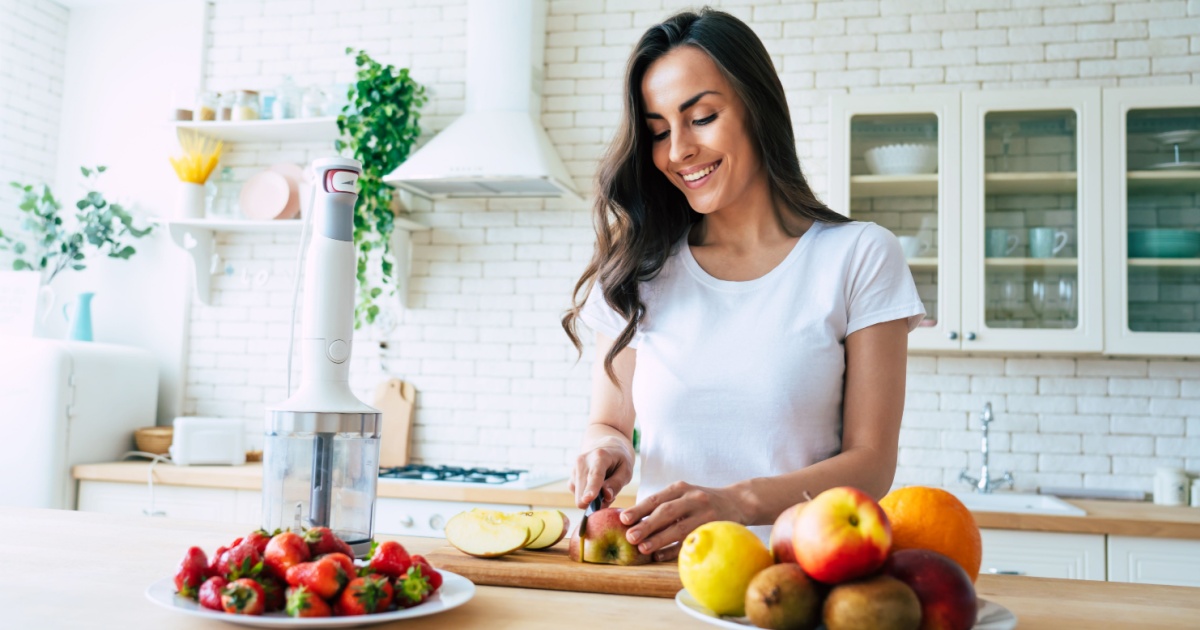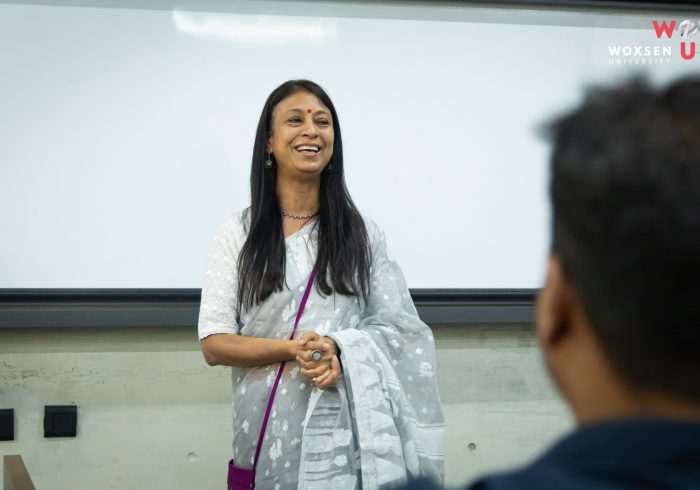Selecting to eat extra sustainably is among the finest issues you are able to do to your physique and the planet, however realizing the place to start out will be difficult.
For Jeanne Hendricks, a registered dietitian nutritionist, board-certified sports activities dietitian and affiliate of NY Diet Group, it’s all about constructing more healthy habits you possibly can preserve over time and celebrating wins alongside the best way. “Anytime we make any kind of alternative, we wish to have the ability to maintain that alternative, as a result of that’s when actual influence occurs,” she says.
Over the previous 15 years, Hendricks has guided lots of of purchasers in growing sustainable habits that not solely profit the setting but in addition align with their private well being, wellness and sports activities efficiency targets.
Complete meals have a long-lasting influence on sustainability
As a primary step towards consuming extra sustainably, Hendricks suggests shopping for extra entire meals—fruits, greens, nuts, seeds and legumes to call a couple of—and incorporating these into day by day meals. Not solely will you reap the well being advantages of consuming these meals, you may be contributing to their constructive ripple impact on sustainability.
As Hendricks explains, buying extra entire meals signifies that you’re consuming extra crops, and plant-based meals require much less land and fewer sources to supply than livestock. “It takes quite a lot of land, it takes quite a lot of water to have the ability to maintain the quantity of livestock we have to feed the folks simply in America,” Hendricks says. Plant-based manufacturing can even lead to decrease methane and greenhouse fuel emissions.
Complete meals additionally typically make the most of extra sustainable packaging. “A number of them are available their very own biodegradable, compostable packaging, so that you’re not creating a lot packaging whenever you’re selecting these meals,” Hendricks notes. Legumes, nuts and seeds are sometimes accessible in bulk, and consumers can simply carry them in a paper bag and retailer them in reusable containers at house. “You’re having an influence on the quantity of waste you’re producing by leaning into that as nicely,” she provides.
Meals labels are useful, however don’t overthink them
Deciphering meals labels is troublesome for a lot of People, and with imprecise phrases and unfamiliar components changing into the norm, it’s no marvel. Labels studying “all pure” and “no sugar added” could sound wholesome, however they’re largely advertising and marketing jargon.
When doubtful, Hendricks suggests choosing meals labeled as “natural,” as a result of these things meet strict requirements. “The natural seal is certainly a type of ones you possibly can actually belief and lean into,” Hendricks says. She provides that natural meals are additionally not genetically modified and don’t use artificial pesticides.
The identical applies when searching for meat. Natural meat comes from animals which can be fed 100% natural feed and allowed to graze. If natural choices aren’t accessible, Hendricks recommends selecting “free-range” eggs, “grass-fed” beef or “wild-caught” fish, which are usually extra sustainable options.
After all, some objects could require a more in-depth have a look at the components. Utilizing salad dressing for instance, Hendricks recommends selecting the choice with the fewest components. That is sometimes the more healthy alternative.
Small, actionable steps are the best way ahead
Taking an “all or nothing” strategy can really feel too restrictive and stall or utterly halt progress in your mission to eat extra sustainably. Hendricks finds that straightforward mindset shifts could make an enormous distinction in the way you view sustainable consuming.
Hendricks suggests beginning with one factor—like swapping cow’s milk with a plant-based different, embracing “Meatless Mondays” or committing to at least one plant-based meal a day—and going from there. “Over time, you’ll have a much bigger change in your well being and in addition the setting since you’ll do it longer,” she provides.
For long-term success, embracing the “grey space” and permitting flexibility in your food plan is vital. Consuming one thing much less wholesome for dinner doesn’t undo your wholesome decisions earlier within the day, and consuming a couple of natural meals is best than not consuming any in any respect. “Take a deep breath, select what’s most essential to you and transfer ahead,” she shares.
Photograph from My Ocean Manufacturing/Shutterstock.com




